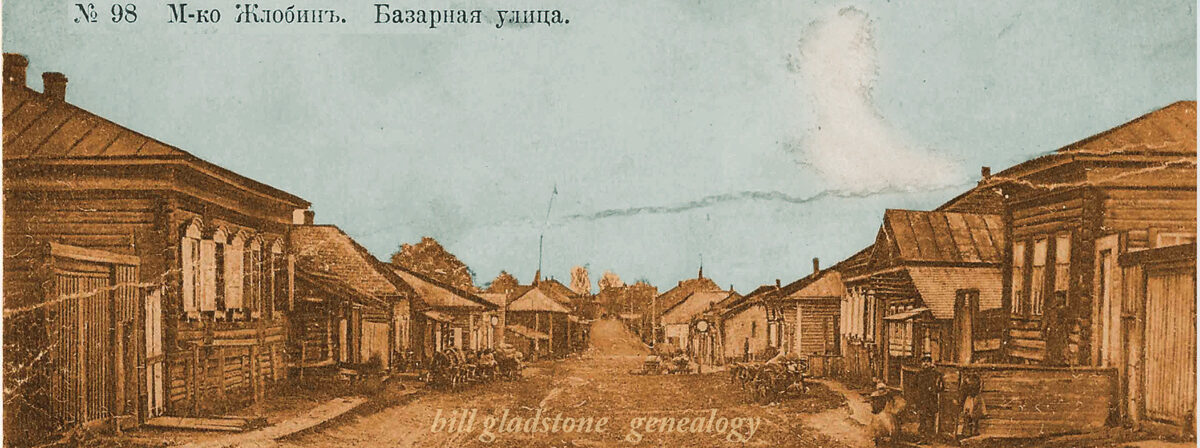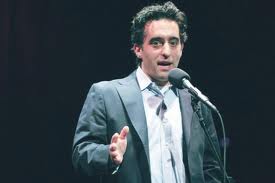 I picked up the New Yorker’s Summer Fiction Issue recently, delighted to see that Nathan Englander, the 29-year-old author of the recent short story collection For the Relief of Unbearable Urges, had made it onto that magazine’s list of 20 Writers for the 21st Century.
I picked up the New Yorker’s Summer Fiction Issue recently, delighted to see that Nathan Englander, the 29-year-old author of the recent short story collection For the Relief of Unbearable Urges, had made it onto that magazine’s list of 20 Writers for the 21st Century.
This comes as no great surprise. Englander’s first published work is a fine string of pearls that has deservedly achieved a rich, almost preternatural measure of critical acclaim.
Not since Salinger, it seems, has any offering of nine stories so enchanted critics. For reasons that will become obvious, the book should be particularly enthralling for fans of modern Jewish literature.
Englander, whose chief preoccupation is with Jewish characters and concerns, stakes out an ambitious chunk of literary territory with this debut collection. He seems to be walking a well-marked trail defined by the likes of Isaac Babel, Bernard Malamud and Isaac Bashevis Singer.
He was raised in a modern Orthodox home in New York and now lives in Jerusalem. His stories are confidently infused with Biblical allusion and knowledge of Jewish law and lore, which provides the standard by which his characters interpret and judge themselves.
Paralleling the Bible narrative, the stories are arranged in a rough historical chronology.The first piece, The Twenty-Seventh Man, brilliantly focuses on a purge of 26 Yiddish writers in Stalinist Russia — actually 27, since a clerical error has placed an extra name on the list.
The bleak ironic humor here is Gogolian, veering towards the Kafkaesque. For instance: after the condemned writers are imprisoned, a guard hears a great racket and opens a peephole “to find that a symposium had broken loose.”
The twenty-seventh man mentally composes a story in prison, supposedly a masterpiece, and recites it to his cellmates before all are executed. Englander’s omniscient, all-seeing but invisible narrator alone survives to tell this wonderful Mobius strip of a tale.
In the second story, The Tumblers, Englander (like Singer before him) revisits Chelm, the legendary city of fools of Yiddish culture. Only now it is not some quaint, benign and comically backward village, but a town infested by Nazis.
On board a train, a group of Chelm Jews escapes destruction by wearing underwear and posing as circus acrobats. At one point, they flee and a gun is fired, but “(o)nly Mendel looked back at the sound of the shot; the others had learned the lessons of Sodom.”
The five middle stories concern various absurd or incommensurate aspects of Jewish life in America, at least the Brooklyn suburb of Royal Hills. In Reunion, a mental patient befriends his rabbi’s brother in an asylum, ultimately demonstrating his own greater humanity. The Wig takes us into the ultra-frum reality but ultra-romantic fantasy world of an Orthodox wig and hair salon. Here — as in The Last One Way, which concerns the plight of an agunah — Englander impresses us with his representation of the female point of view.
The Gilgul of Park Avenue introduces a mystical rabbi-cum-charlatan reminiscent of the impish rabbi in Bernard Malamud’s classic story, The Silver Crown. Trouble erupts when Charles Luger, a New York gentile riding a taxi one evening, suddenly “understood he was the bearer of a Jewish soul.
“Ping! Like that it came. Like a knife against a glass.”
If being a gentile with a Jewish soul causes major strife in one story, its corollary — a fat, bearded Jew disguised as a department-store Santa Claus — causes colossal consternation in the story Reb Kringle, whose title character loses it in front of children, parents and elves. In this piece, the irony threatens to dissolve into farce. The last two stories, For the Relief of Unbearable Urges and In This Way We Are Wise, transport us to the promised land of Israel. In the former, an Orthodox Jerusalemite whose beloved wife won’t touch him gets a rabbinical dispensation (another impish rabbi!) to see a prostitute. Afterwards he suffers so great a sense of defilement that his sexual organ feels on fire — “and yet he would not be consumed.”
One reviewer, while acknowledging Englander’s exceptional skill, found the final story, a first-person account of a close encounter with a terrorist bomb in Jerusalem, unworthy.
It’s certainly different than the others. But what better way for Englander to round out the collection than by bringing his Jewish strife into the CNN-style present? Here, as in the first two stories, the strife is again national, rather than individualistic. And the author simultaneously broadens his range through use of the first-person narrator.
As the New Yorker has indicated, Englander is a masterful writer who promises to play an important part in the future of American fiction — and Jewish fiction in particular. ♦
© 1999






